
Building resilience to events that are said to be once-in-a-lifetime and easy for local communities to overlook is now an urgent priority. Human-centred design plays an important role in this. What happens when these principles are adopted?
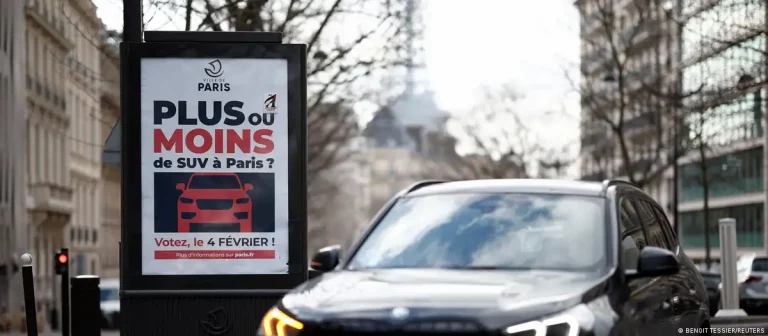
In a context of economic and geopolitical flux and volatility, a more in-depth human-centered design approach is now more necessary than ever, as it helps forward-looking companies to anticipate and be prepared for rapidly changing futures beyond the next six months.
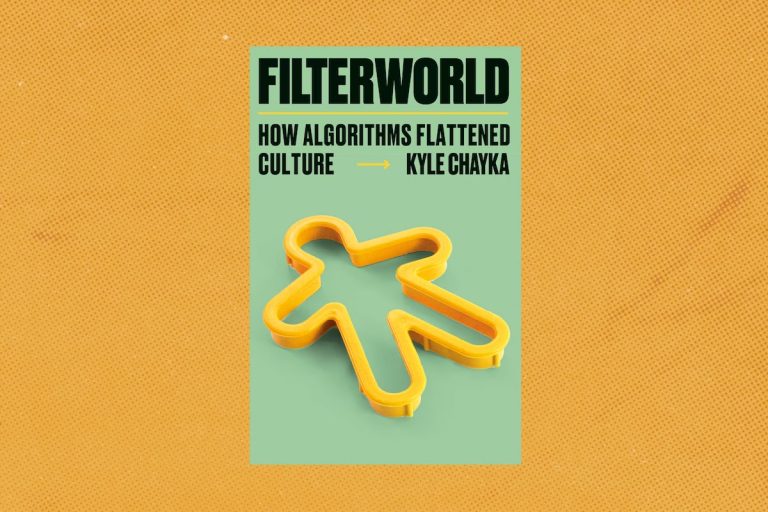
From New Yorker staff writer Kyle Chayka comes a timely history and investigation of a world ruled by algorithms, which determine the shape of culture itself.
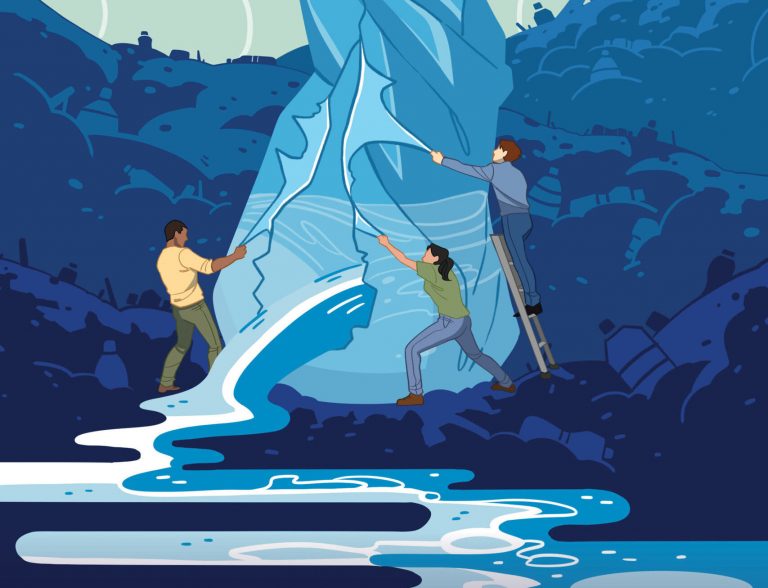
Fast Company published today an excerpt of the new book Unbottled by Daniel Jaffee in which he highlights the five factors why consumers purchase bottled water, or how have they been persuaded to do so - fashion, flavor, fitness, frequent drinking, and fear - and zeroes in on the last one.

This collaborative study, conducted by the UN Human Rights Office and the University of Essex, analyses the human rights implications of specific border technologies. It provides recommendations for States and stakeholders on how to take a human rights-based approach in ensuring the use of digital technologies at borders aligns with international human rights law and standards.
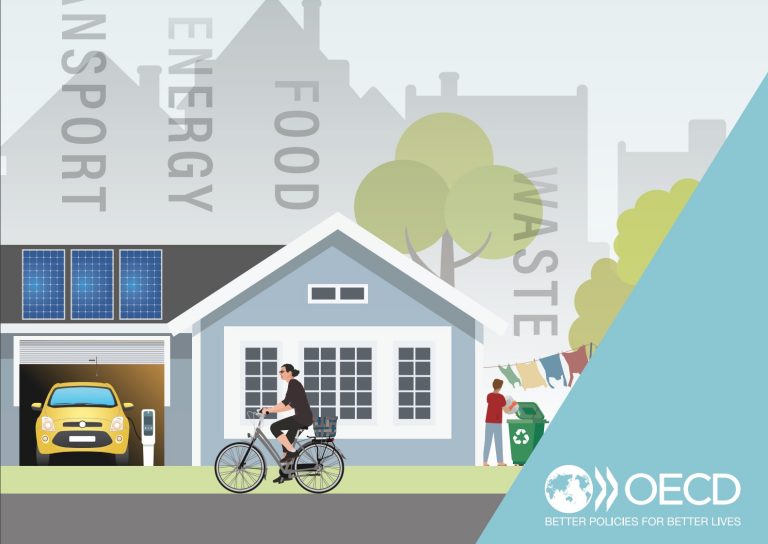
How Green is Household Behaviour? presents an overview of results from the 2022 OECD Survey on Environmental Policies and Individual Behaviour Change. The survey investigates household attitudes and behaviour with respect to energy, transport, waste and food systems.
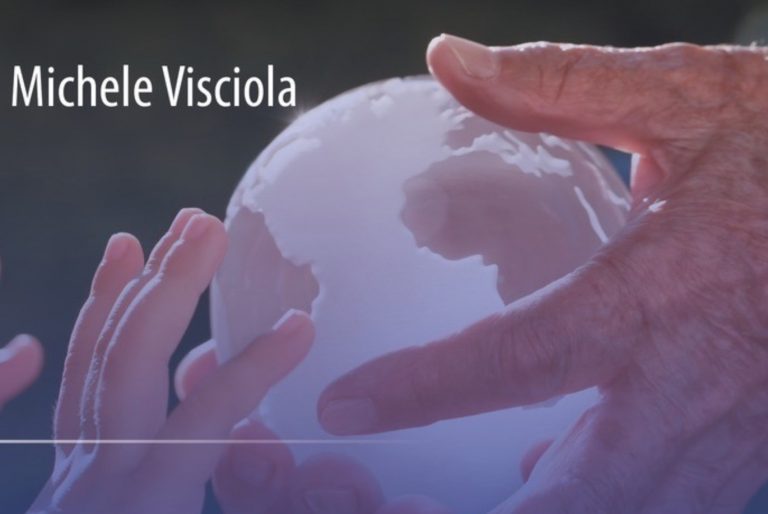
This book by Experientia president Michele Visciola puts forward a new paradigm to understand and implement Sustainable Innovation (SI). Innovation without sustainability leaves out large swathes of the population or generates maladaptive or misappropriate behaviors.

For the first time in 28 years of JD Power’s car owner survey, there is a consecutive year-over-year decline in satisfaction, with most of the ire directed toward in-car infotainment, writes Andrew J. Hawkins in The Verge.
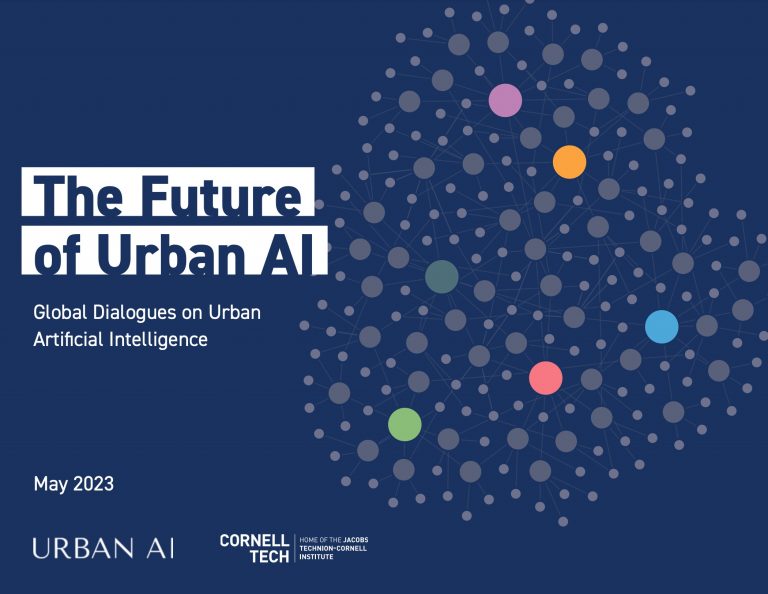
10 conversations by Urban AI, a Paris based think tank, with worldwide experts to explore the future of urban artificial intelligence

Certain types of means of payment now seem indispensable for full participation in socioeconomic activity, yet they’re not necessarily available to everyone.
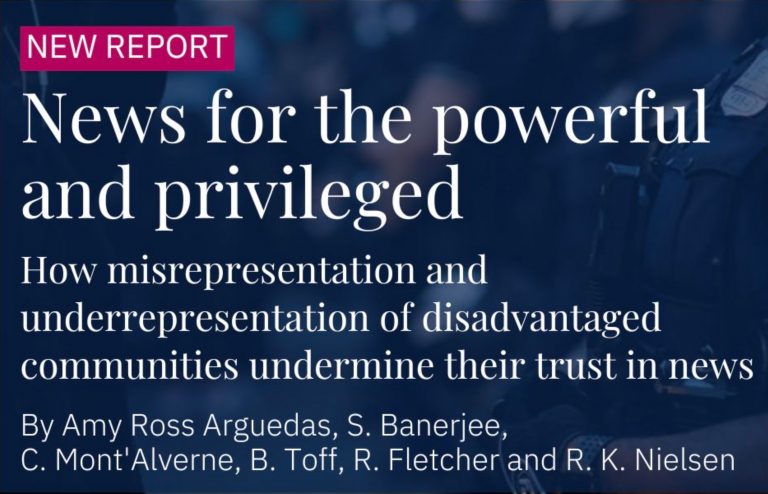
Why do disadvantaged communities distrust the news? And what can newsrooms do about it? These are the questions at the heart of a new report by the Reuters Institute Trust in News Project.

This study has collated evidence which on balance indicates a strong case to reform digital advertising. It indicates that the status quo is unsustainable for individuals, publishers and advertisers.

Today, it is of utmost relevance to study people’s attitudes, motives, and behaviours in relation to the fact that we live in a culture of surveillance. This includes the need for cultural and ethical perspectives to understand and nuance contemporary discussions on surveillance, not least in the highly digitalised context of the Nordic countries.

This UNDP guide provides step-by-step guidance, practical tools, and hands-on experiences on the process of Deep Listening, including systems mapping, rapid ethnographic research, sensemaking and analysis.

In this white paper (published on 15 February 2023) Demos Helsinki explores how we can rewrite the terms and conditions of our digital futures. Directed at policymakers, practitioners, researchers, industry leaders, and engaged citizens, the paper concludes with four sets of interventions that build a fair, sustainable, and joyful digital society.

Two articles in the last few days took on the world of consulting. Rebecca Ackermann in the MIT Technology Review wrote on how the shine of design thinking has worn off, while Henry Mance interviewed Mariana Mazzucato in the Financial Times on her new book The Big Con, where she lambasts business consultancies for having no expertise in the areas that they’re advising in.
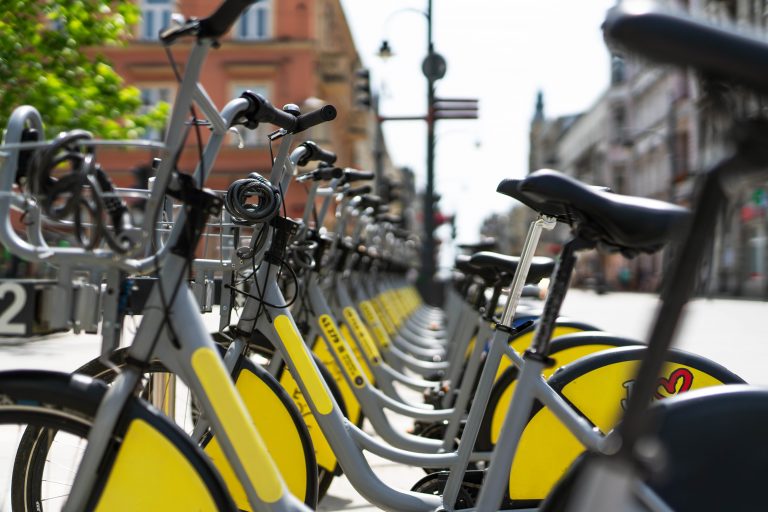
Six reports on behavioural change and energy use: potential impact, obstacles, the role of policy makers, and how to best communicate to citizens.
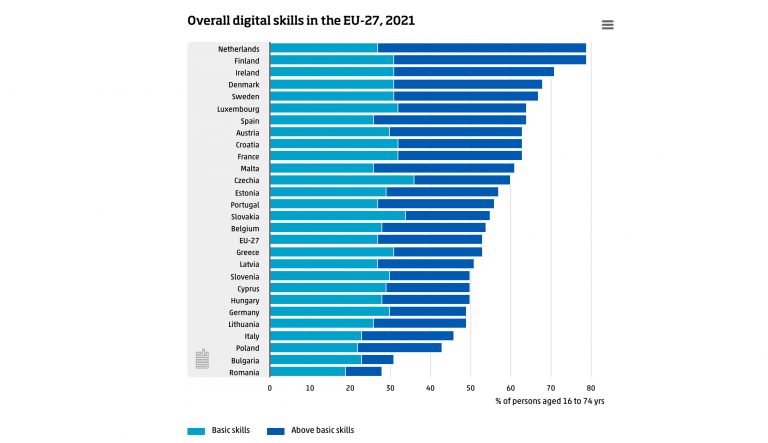
Dutch and European research highlights the struggles of Europeans (incl. the Dutch) in accessing financial services in an increasingly digital society. A new Italian initiative, the Polis Project, seeks to do something about it.
But, besides the fairly low 54 percent EU average, a new study by the Dutch National Bank (reported on yesterday by De Volkskrant, a Dutch daily newspaper) highlights how the Dutch 80% number camouflages the real difficulties many Dutch have with financial services in an increasingly digital society.

“The challenge is that a consumer doesn’t see the true value that manufacturers see in terms of how that data can help them in the long run. So they don’t really care for spending time to just connect it.”
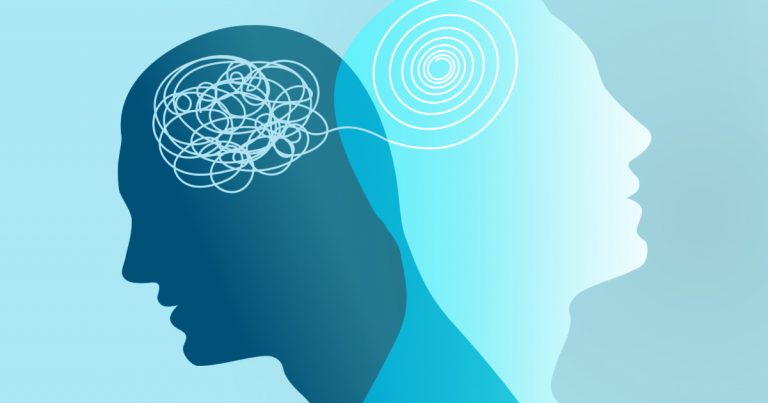
"What’s mine is mine: unpicking the psychological reasons people like to own things" is the title of a highly recommended article by Claire Murphy of the Ellen MacArthur Foundation.




















